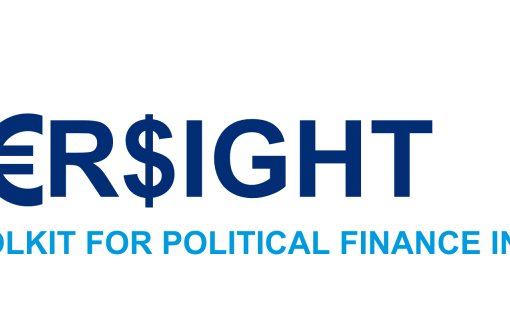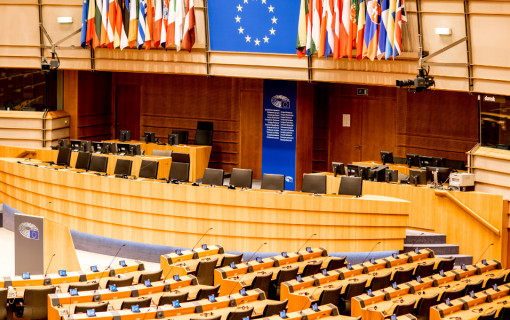Report Analyzing the UNTAC Cambodia Election Plan: June 1992
EXECUTIVE SUMMARY
The temples of Angor Wat in Northwestern Cambodia tower as silent sentinels of a bygone era of the great Khmer civilization. They are important symbols of pride for the people of Cambodia who have endured untold agonies over the last three decades.
Despite suffering from years of constant war, civic strife, turmoil and holocaust, there is finally a promise that Cambodia can build a lasting peace and join the family of democratic nations.
The signing of the Agreement on a Comprehensive Political Settlement of the Cambodia Conflict laid the groundwork whereby the United Nations could assist in the transition to a democratically elected government in Cambodia. One of the UN's first undertakings was to send a UN Election Survey Team to gather information and develop an action plan to organize and implement elections in Cambodia.
The UN Survey Mission on Elections developed a comprehensive action plan dealing with all aspects of the election. ASIA/DR/TR requested IFES to prepare this report analyzing the United Nations Transitional Authority in Cambodia (UNTAC) election plan for Cambodia. This report focuses on an overall assessment of the plan, problems and constraints, cost savings, alternative modifications, as well as methods of implementation or operation, and specific suggestions for action for A. I. D. and the State Department.
In brief, the UNTAC election plan appears to be a thoughtful and well written document. The plan is clear and precise, anticipating all the steps necessary for implementation of elections by 1993. The most important concept espoused in the document is the importance of training Cambodians and leaving behind an electoral legacy.
Although the plan places heavy emphasis on the involvement of Cambodians throughout the: process, :there is one curious omission. UNTAC proposes creating its own administrative structure to oversee and implement the elections. It does not recommend creation of a non-partisan Provisional Electoral council. If the UNTAC effort is going to leave a lasting electoral legacy then creation of such a commission is a concrete way of achieving this goal.
IFES' principal recommendation is to urge UNTAC to reconsider the electoral administrative structure and investigate the possibility of establishing an Electoral Council. Provisions for such a council could be incorporated at the same time that the electoral code is drafted. Aside from a democratically elected government, the creation of an Electoral Council will advance the UNTAC goal to leave an electoral legacy in Cambodia.
Instead of channeling all US election assistance through the United Nations, another recommendation is for A.I.D. and state to consider funding a separate election assistance effort in cooperation with the united Nations as is the case in Angola. This could be undertaken by an NGO like the Asia Foundation or IFES. Like Angola, this kind of scenario would give A.I.D. more accountability and control over the use of its funds by having a US-based NGO administer the US election assistance effort. This would also insure more visibility for us efforts on behalf of Cambodia.
Overall the UNTAC election plan is excellent and comprehensive. In a short period of time the team focused on all the essential elements of the election process. It identifies potential problems and proposes practical solutions. If this plan is implemented Cambodia will have taken another important step on the long road to establishing peace and democracy.









